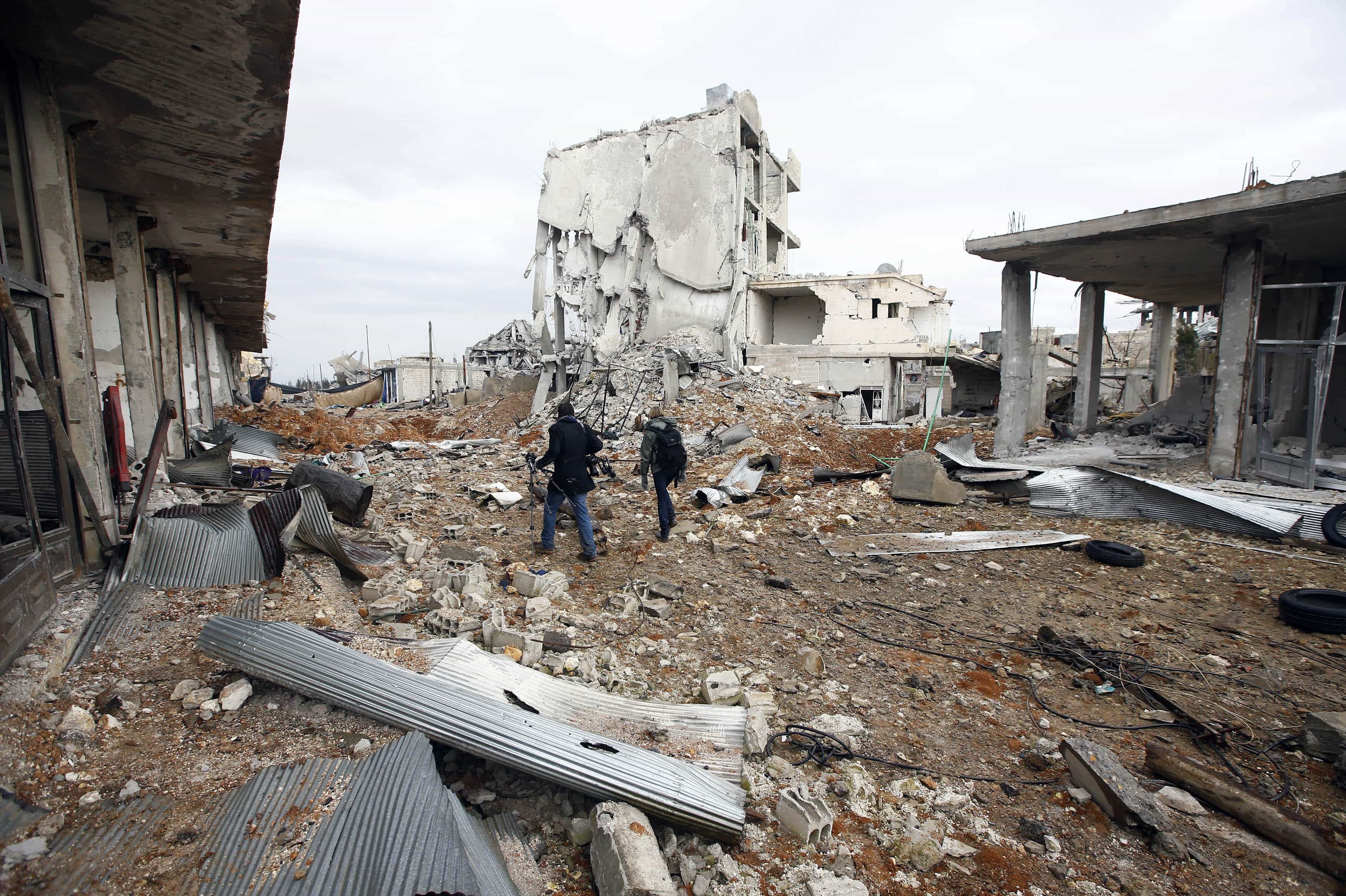CPJ releases its annual report on journalists in exile to mark World Refugee Day, and features stories of the journeys of four Syrian journalists.
The Committee to Protect Journalists has helped more journalists fleeing into exile from Syria than any other country in the past five years, according to a report released today. Over that period, Syria and Ethiopia surpassed Iran as the leading country from which journalists flee, according to a survey of 452 journalists assisted by CPJ. Eritrea and Somalia, which have both received global attention for their high number of emigrants, also sent dozens of journalists into exile.
“Global attention has focused on the abductions and murders of international journalists in Syria, but even as the environment has deteriorated for foreign correspondents, local media have suffered tremendous losses,” said María Salazar-Ferro, coordinator of CPJ’s Journalist Assistance program. “Facing the same or greater risks as international correspondents, but without an easy path out of the country, Syrian journalists have been forced to leave their jobs and are driven into hiding or across borders, often without family or possessions.”
CPJ has helped 101 Syrian journalists go into exile since the conflict escalated in spring 2011. CPJ’s report, headlined “Exiled: When the most dangerous place for journalists is your country,” uses interactive maps to follow the journeys of four Syrian journalists who were harassed, threatened, detained or attacked by the Assad regime or militant groups such as Islamic State–or both–before deciding to flee.
Countries with the highest number of exiled journalists fare poorly in other indications of press freedom. Syria has been the most deadly country for journalists for three consecutive years, with at least 83 killed in direct relation to their work since 2011. More than 90 journalists have been abducted, and about 20 are still missing, many of whom are believed to be held by Islamic State.
Iraq, Somalia, and Pakistan joined Syria in the ranks of deadliest places for journalists in 2014. Ethiopia, Iran, Eritrea, and Cuba are among the 10 most censored countries worldwide.
Only about 17 percent of exiled journalists are able to resume work in their field, CPJ found, and only 4 percent are able to return to their home country.
To help journalists reach safe destinations, regain stability, and earn a living, CPJ’s Journalist Assistance Program works with other organizations to offer advocacy, logistical, and financial support.
Additional material:
Read the report, which includes the stories of four Syrian journalists and their journeys into exile.



